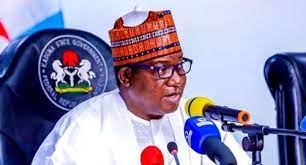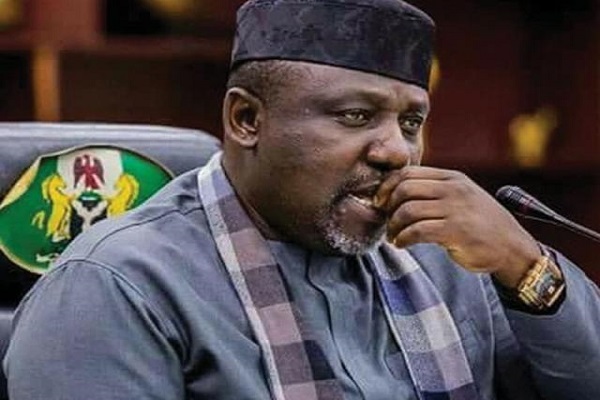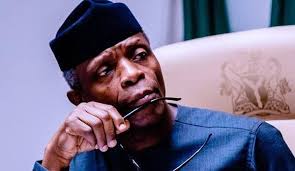The Federal Government has earnestly appealed to the leadership of the Nigeria Labour Congress (NLC) to reconsider its planned two-day warning strike, which is set to commence on Tuesday, September 5.
The plea was made by the Minister of Labour and Employment, Simon Lalong, on Monday, September 4, in Abuja. He emphasized the potential harm this strike could inflict on the progress achieved by the Federal Government (FG) thus far. He also pledged to comprehensively address the concerns raised by the NLC if granted some time to settle into office.
“It is crucial that we implore the leadership of the Nigeria Labour Congress (NLC) to temporarily suspend their intended two-day warning strike. This action could adversely affect the positive strides we’ve made in securing a brighter future for Nigerian workers and the entire citizenry. Furthermore, I humbly request that the NLC leadership grant this government the time needed to address the existing issues comprehensively.
It should be acknowledged that our administration’s cabinet was recently inaugurated by the President, and all ministers have been swiftly engaging with their respective ministries to gather insights. Consequently, the concerns presented by the NLC leadership are matters that the Hon. Minister of State for Labour and Employment and I are actively receiving briefings on. In the coming weeks, we are committed to tackling these issues in a holistic manner.
In this regard, I wish to reassure Nigerian workers that this government values their support and understanding. We are steadfast in our pursuit of policies that foster substantial job creation across all sectors of the economy, while simultaneously addressing immediate challenges stemming from government policies. This endeavor can only thrive in an atmosphere characterized by industrial harmony,” he affirmed.
Last week, the NLC announced its intention to stage a two-day warning strike, beginning on Tuesday, September 5, to protest the Federal Government’s handling of issues related to the removal of fuel subsidies, which have posed challenges for Nigerians.




